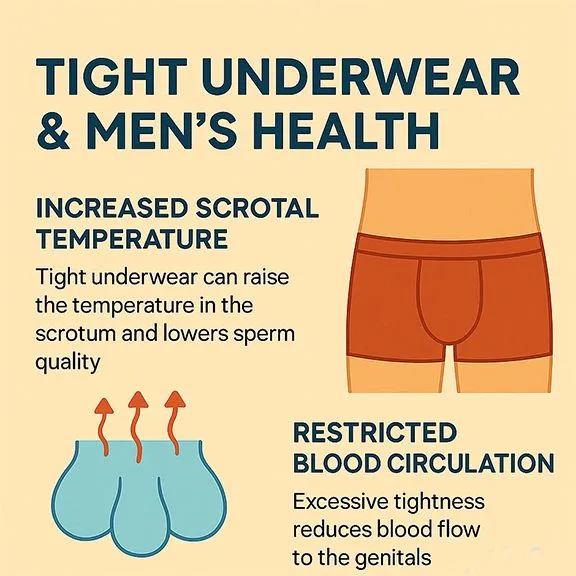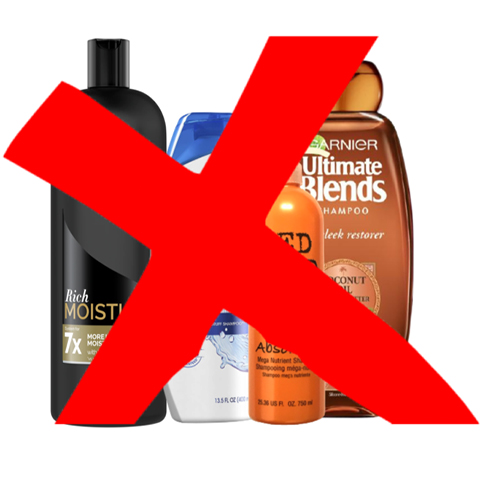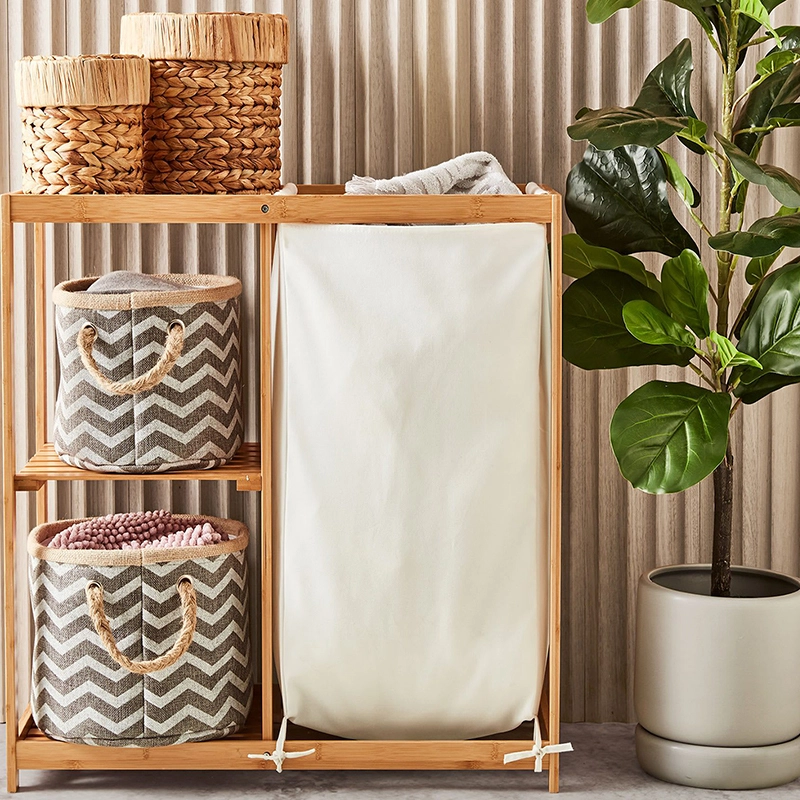Insecticides are widely used to eliminate pests and insects at home, in gardens, and on farms. While they serve a critical purpose in pest control, many people wonder: Are insecticides harmful to human health? The answer is yes—insecticides can be harmful, especially when used improperly or over long periods.
In this article, we’ll explore how insecticides affect human health, what safety measures to take, and what safer alternatives and top-rated products are available on Amazon.
How Insecticides Affect Human Health
1. Inhalation Risks
Breathing in insecticide fumes—especially in poorly ventilated areas—can cause:
- Coughing and throat irritation
- Headaches or dizziness
- Shortness of breath
- In severe cases: nausea, fatigue, or neurological symptoms
2. Skin Contact
Some insecticides can cause:
- Skin irritation or rashes
- Allergic reactions
- Absorption through the skin into the bloodstream, especially with organophosphates
3. Accidental Ingestion
If insecticides are accidentally swallowed (through contaminated hands, food, or water), they may lead to:
- Vomiting and stomach pain
- Seizures or confusion
- Even life-threatening poisoning in severe cases
4. Long-Term Exposure
Chronic exposure has been linked to:
- Increased cancer risk (e.g., lymphoma, leukemia)
- Neurological disorders like Parkinson’s disease
- Hormonal disruptions and fertility issues
- Developmental problems in children
Who’s Most at Risk?
- Children: More vulnerable due to smaller body size and developing systems
- Pregnant women: Some insecticides can harm fetal development
- Pets: Dogs and cats can suffer toxicity from common sprays and baits
- People with respiratory issues: Asthma or chronic bronchitis may worsen
Tips for Safe Use of Insecticides
To reduce health risks:
- Always read the label and follow directions carefully
- Wear gloves, a mask, and protective clothing when spraying
- Ensure proper ventilation during and after use
- Keep insecticides away from children and pets
- Never spray near food, kitchen surfaces, or personal items
- Wash hands thoroughly after handling
Safer Alternatives to Chemical Insecticides
Looking for non-toxic or low-toxicity solutions? Consider the following alternatives:
✅ Natural Repellents
- Essential oils like peppermint, eucalyptus, and lavender
- Vinegar and lemon spray mixtures
- Diatomaceous earth, a natural powder that kills insects without toxins
✅ Electronic Insect Traps
- Plug-in traps attract and kill insects without chemicals
- Ideal for bedrooms, kitchens, and pet areas
✅ Insect-Repelling Plants
- Basil, mint, rosemary, and marigolds naturally deter pests
Top-Selling Insect Control Products on Amazon
Here are some of the most popular and highly rated insect control options on Amazon:
🛒 1. Wondercide Indoor Pest Control Spray
- Plant-based, safe for kids and pets
- Kills ants, roaches, spiders, and more
- View on Amazon
🛒 2. Safer Brand Diatomaceous Earth (Food Grade)
- Non-toxic to humans and pets
- Destroys insects through dehydration
- View on Amazon
🛒 3. Katchy Indoor Insect Trap
- Chemical-free electronic trap
- Works on mosquitoes, gnats, fruit flies
- View on Amazon
🛒 4. Eco Defense Pest Control Spray
- Organic formula with essential oils
- Fast-acting and eco-friendly
- View on Amazon
While insecticides are effective in eliminating pests, their impact on human health should not be underestimated. Short-term exposure can cause irritation and breathing problems, while long-term use is linked to serious health risks. To stay safe, follow proper usage guidelines or choose safer, natural alternatives.
By being informed and cautious, you can protect your family and still keep your home pest-free.














Leave a Reply